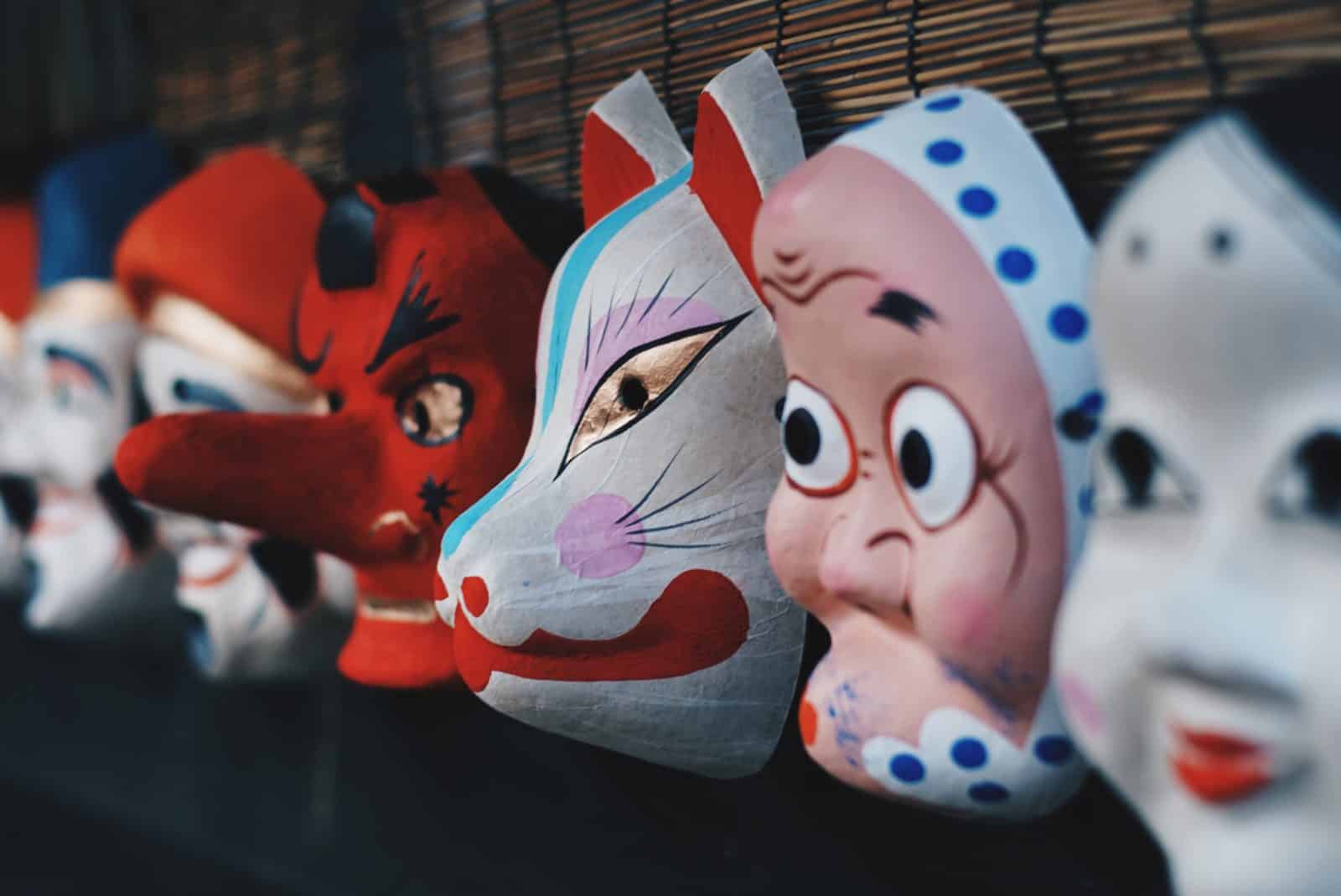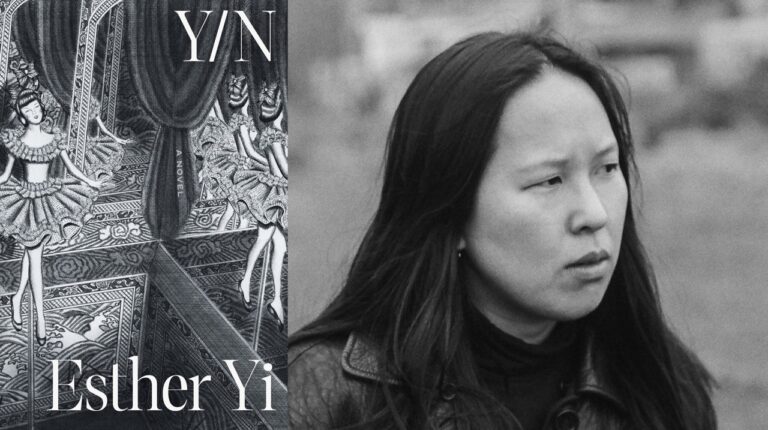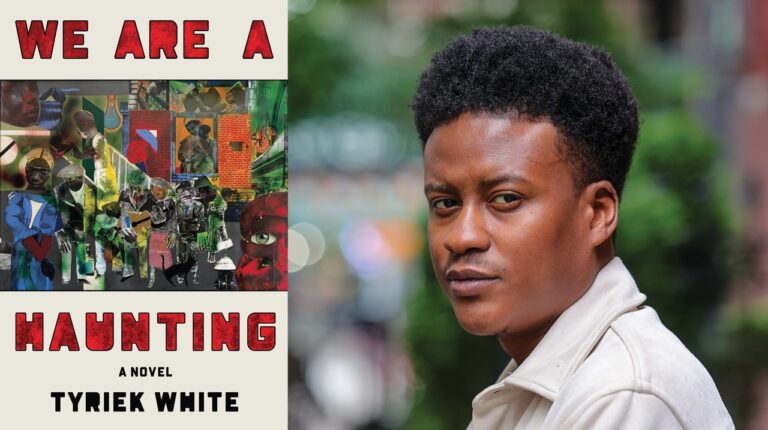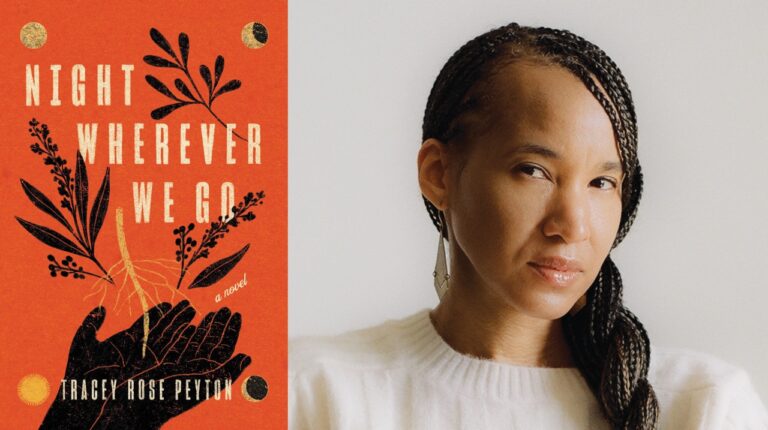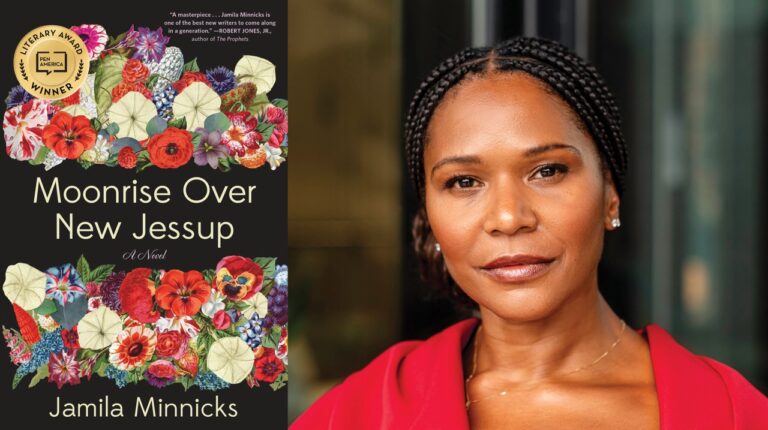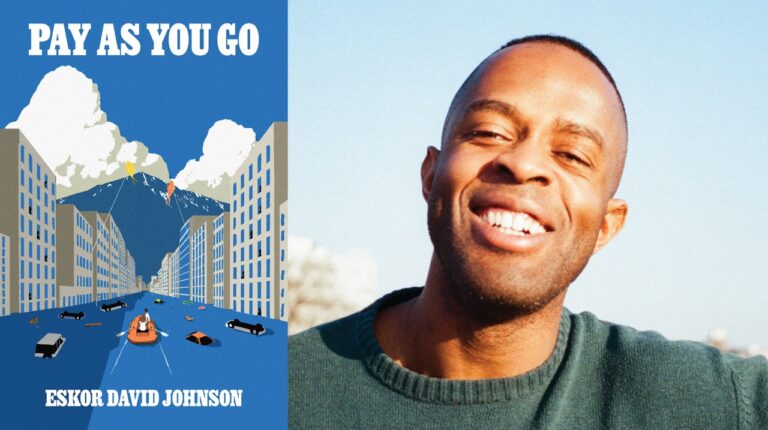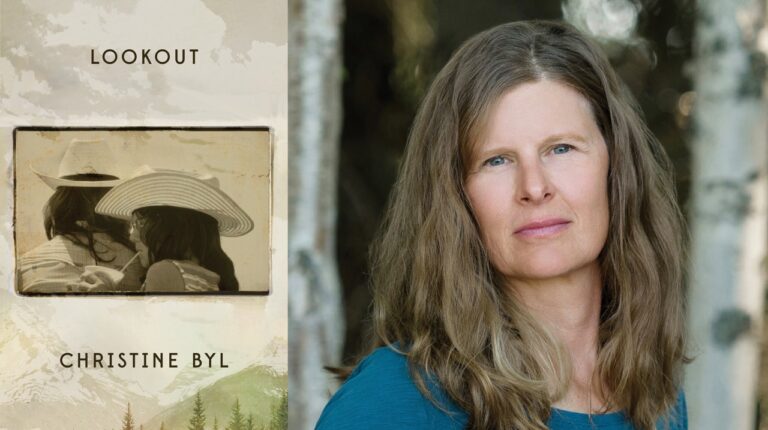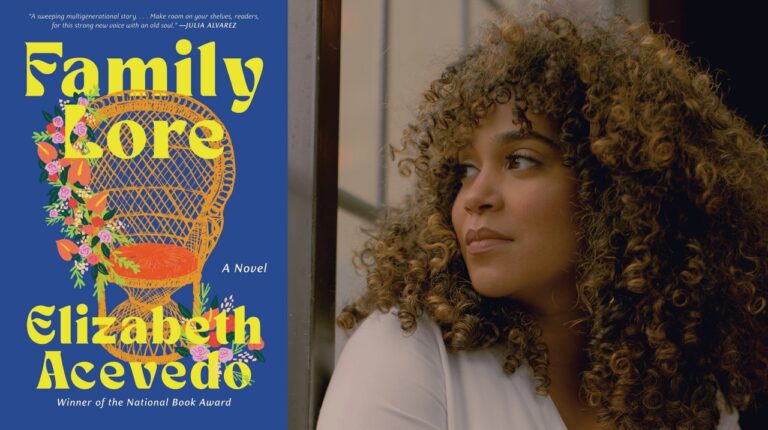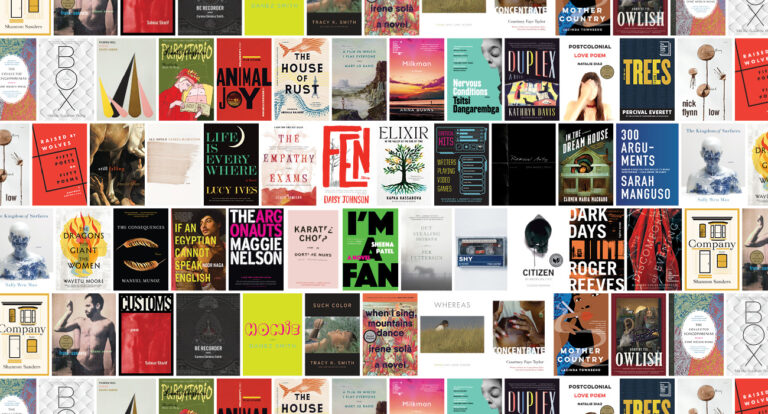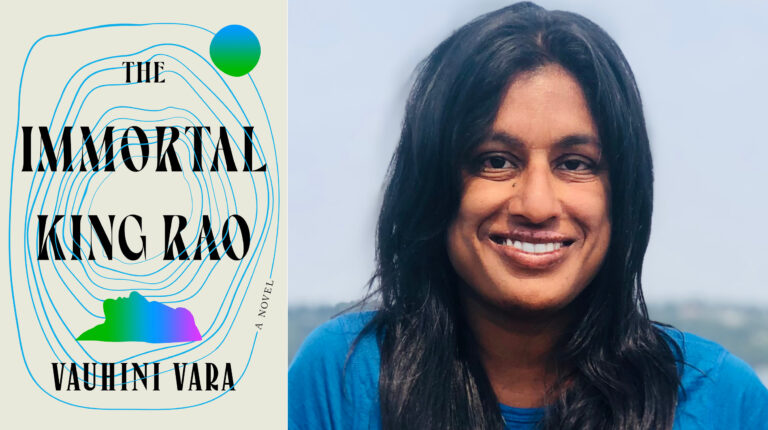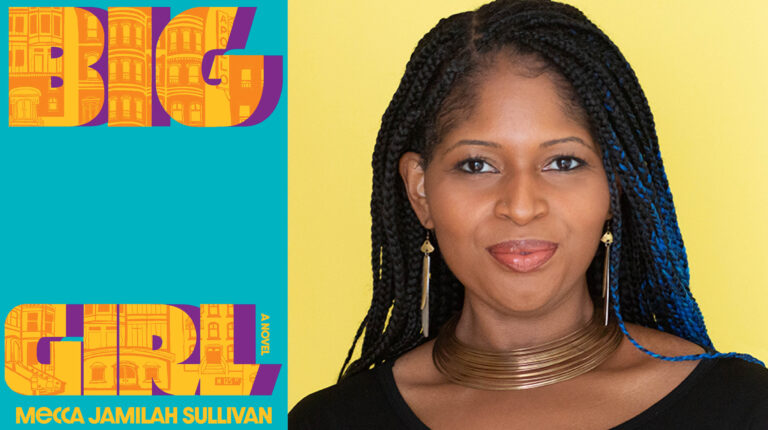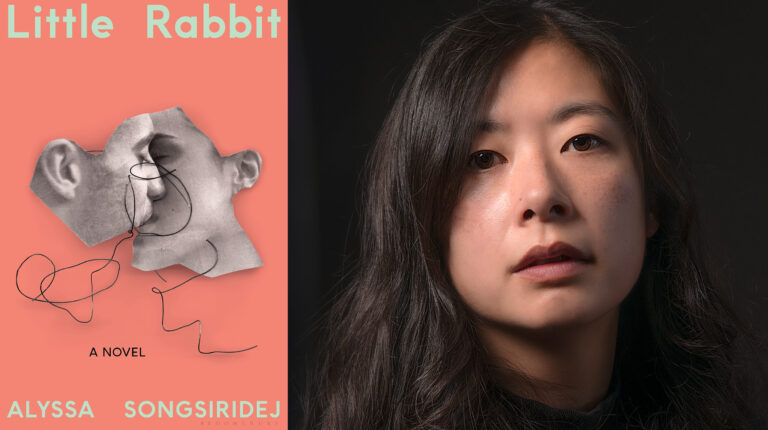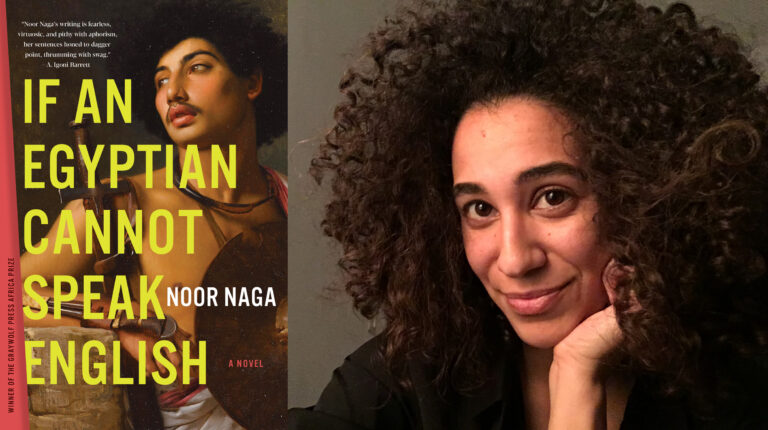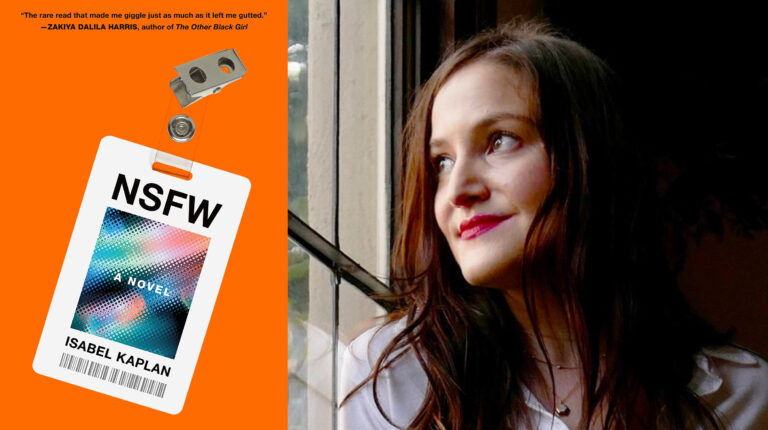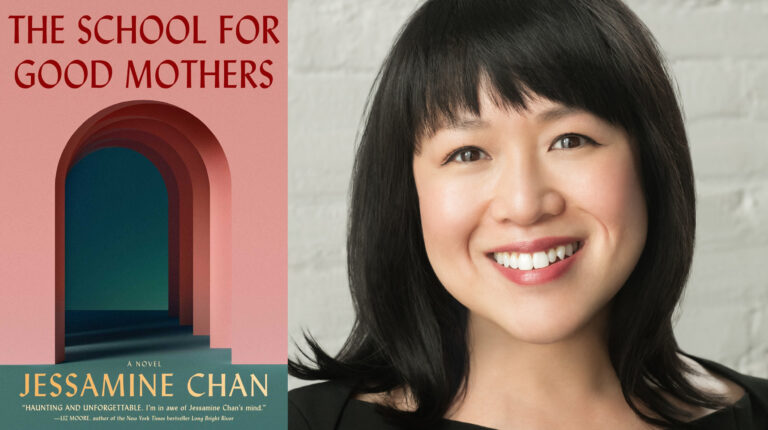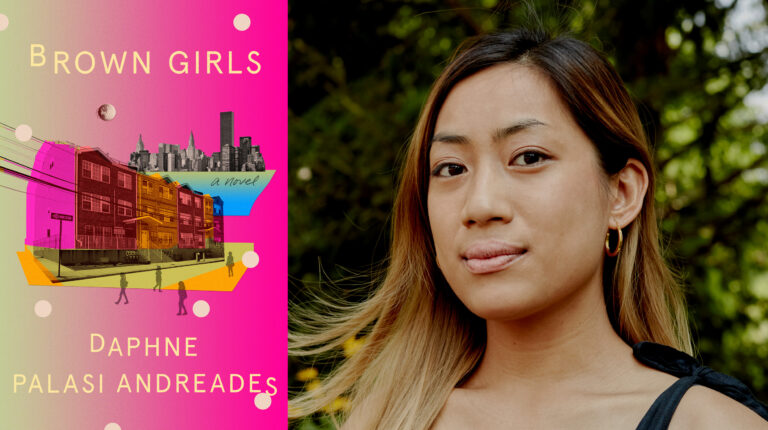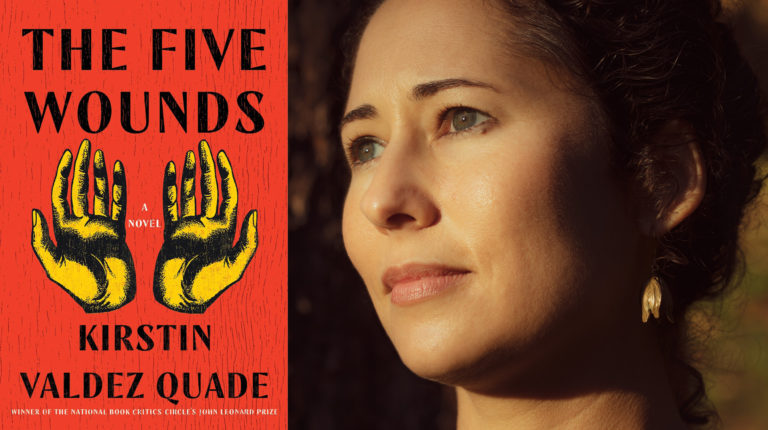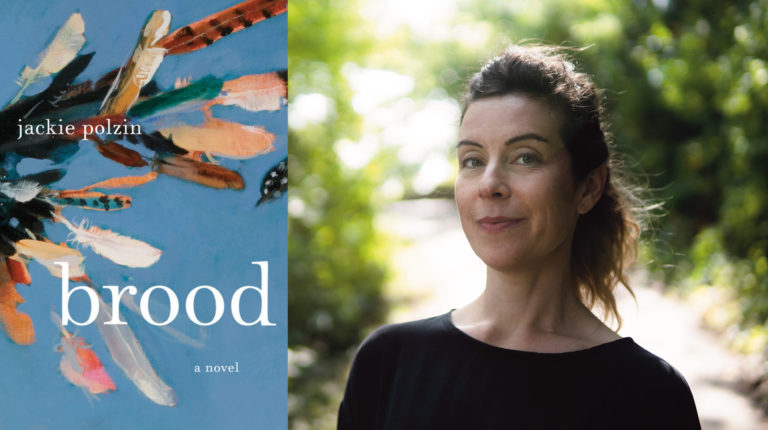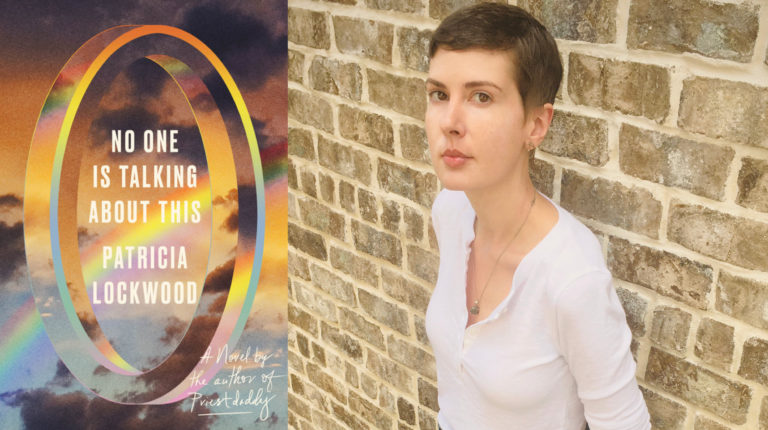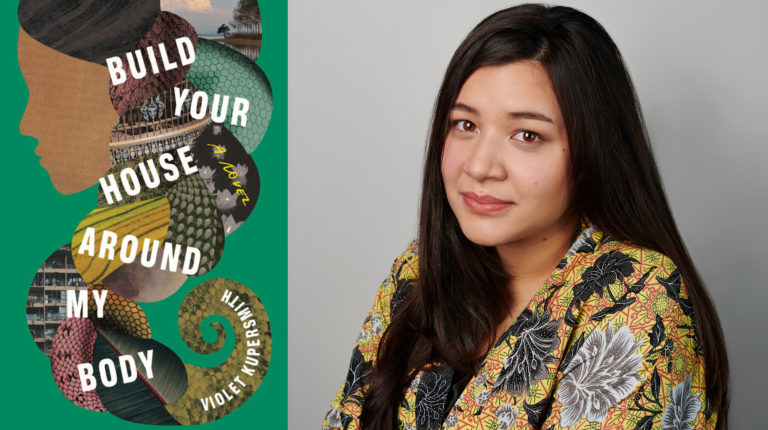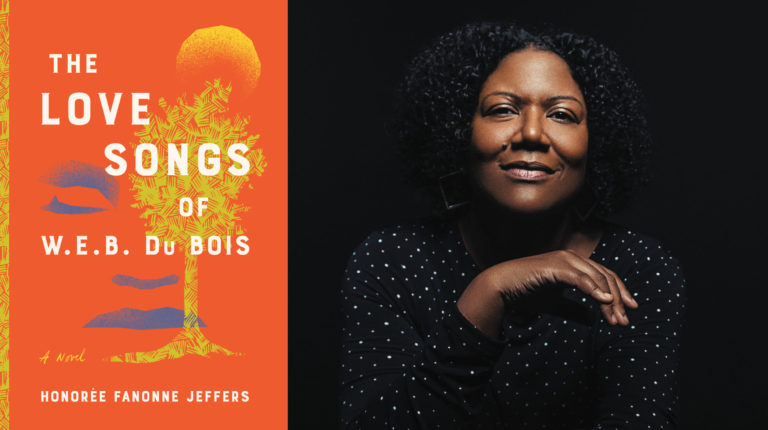Carmela Ciuraru talks to Dawn Raffel about privacy, identity, and the surprising effects of pseudonyms on literature.
Your new book, Nom de Plume, explores the complicated stories behind well-known and obscure pseudonyms. You write, “To a certain extent, all writing involves impersonation—the act of summoning an authorial “I” to create the speaker of a poem or the characters in a novel…But some writers are unable to engage in such alchemy, or don’t want to, without relying on an alter ego.” What interested you in this topic? Why write a book pen names?
It happened by accident. I had an assignment from a magazine where the editor said, “The theme of this issue is secrets. How can you apply that to literature?” So my mind went to pseudonyms, and I wrote a small piece. After the assignment, I had a mountain of research left over and I wanted to keep going. I think the idea that a name could help you unlock creativity, that it could affect your psyche in such deep ways, is fascinating.
Did you ever use a pseudonym?
Yeah, I did. You know, I have a very difficult name. I hated it. I was ashamed because it was different than my classmates’, and it mortified me when people would say, “How do you spell your name? How do you pronounce your name?” It also made me wonder, what do names mean in terms of your identity? In college, I wrote as Carmela Smith. Now I’ve accepted my name for what it is, but it took a long time.
Many of the writers whose lives you chronicle in Nom De Plume came to bad ends. There were a lot of suicides. On the other hand, writers aren’t necessarily a very happy lot. Did you feel there was something more troubled in the psyche of somebody who used a pseudonym than in your average writer?
Yes, but you could argue that finding alternate identities might have kept some of these writers alive longer. Maybe having a pen name helped Alice Sheldon or Romain Gary live longer. You know, Sylvia Plath—her husband had left her, and it was that bleak winter, and she was a single mother with two young children. So I think that’s one case—she had only used a pseudonym for the The Bell Jar, so she wasn’t affected by it.
We’ve been talking a lot at The Center for Fiction about the lack of respect for women writers, and historically, it was even worse than it is now. Some women chose a man’s name just for that reason.
What’s interesting is that even those in cases, it’s not quite so straightforward as it might seem. There were differences between why Charlotte Bronte used a pseudonym and why Aurora Dupin used George Sand and why Marian Evans used George Eliot. I think for the Bronte sisters, there was no psychological investment, and there was no shame in terms of their personal lives. It was really about using a man’s name to have their work be treated seriously. But if you look at Eliot—I mean, Elizabeth Gaskell was publishing serious fiction and Harriet Martineau was. So why did Marian Evans she have to write as George Eliot? As Mary Ann Evans—as herself—she had received quite a lot of harsh judgment for taking another man’s husband. For her, there was a psychological investment in getting away from Marian Evans. Maybe that’s why today, on Jane Eyre, it’s “by Charlotte Bronte,” but Middlemarchis by George Eliot. I was reading the Kathryn Hughes biography of Eliot, and this line jumped out at me that she felt there was a very fundamentally male part of her psyche, and it was embodied by that name.
Is it possible in 2011 for a writer to have a truly secret pseudonym?
I don’t think it’s possible. Now we see Nora Roberts writing as J.D. Robb; Joyce Carol Oates writing as Rosalind Smith. These are called open or transparent pseudonyms, and the reason why that’s not very interesting to me is that it’s essentially a marketing ploy.
Do you think it’s also a way for the writer to keep something separate in his or her own mind? Because you wrote about—now I can’t remember who it was who had 70 different personas.
Fernando Pessoa. He might’ve been mentally ill. The funny thing about pseudonyms is there may be writers out there using them, and we don’t know that they’re pseudonyms. But as far as I know, most writers now are not able or even wanting to hide behind a pen name for very long.
Your publisher expects you to be on Facebook and Twitter and have a blog.
That begs the question, what do writers owe us about their personal lives? Do they owe us anything? Why should I even have a photo of myself on the book jacket? Why do you need to know what I look like? On the other hand, I get sort of annoyed when authors seem coy, and you see the bio on a novel that says nothing more than, “The author lives in London.”
I’m curious, do you think that if a woman were to use a male pseudonym now—assuming she could get away with it—the book would be received differently?
I don’t know. I think it would depend on genre. A woman is more likely to write under a male pseudonym than a man is to use a female pseudonym.
Are there any men who have used female pseudonyms?
There’s one guy in my book who used a woman’s name to write romance. That goes back to marketing—
As opposed to being taken seriously.
It’s about how to sell the book, versus the profound, intimate relationship some writers had with an alter ego, in some cases to even be able to access creativity.
What I found so moving about the whole idea of the pseudonym is that it supports that urge a writer has to see and not be seen.
It’s protection. Isak Dinesen–Karen Blixen—said, “I use a pseudonym because I never wanted people to come up to me and say, ‘Well, what did you mean by that? Did that really happen to you?” Who wants to answer those kinds of questions?

